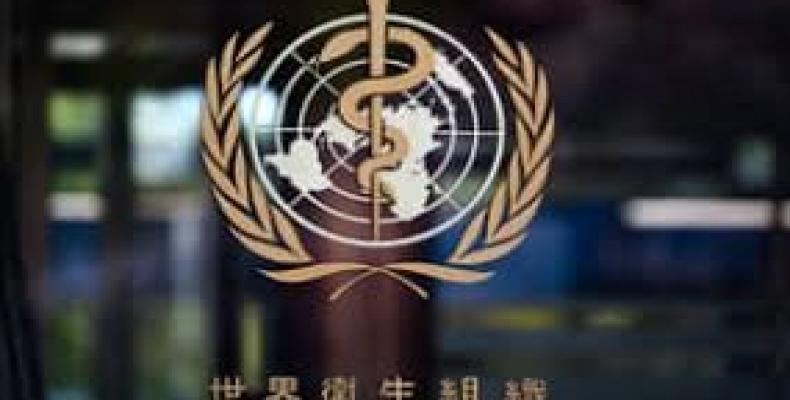
Geneva, November 29 (RHC)-- The heavily-mutated Omicron coronavirus variant is likely to spread internationally and poses a very high risk of infection surges that could have “severe consequences” in some places, the World Health Organization (WHO) says.
No Omicron-linked deaths had yet been reported, though further research is needed to assess its potential to escape protection against immunity induced by vaccines and previous infections, it added on Monday.
In anticipation of increased case numbers as the variant, first reported last week, spreads, the UN health agency urged its 194 member states to accelerate vaccination of high-priority groups and ensure plans were in place to maintain health services.
“Omicron has an unprecedented number of spike mutations, some of which are concerning for their potential impact on the trajectory of the pandemic,” the WHO said. “The overall global risk related to the new variant … is assessed as very high.”
Dr. Tedros Adhanom, WHO director-general, sounded the alarm at the start of an assembly of health ministers on Monday that is expected to launch negotiations on an international agreement on preventing future pandemics. “The emergence of the highly mutated Omicron variant underlines just how perilous and precarious our situation is,” Tedros said.
“Omicron demonstrates just why the world needs a new accord on pandemics: Our current system disincentivises countries from alerting others to threats that will inevitably land on their shores.”
The new global deal, expected by May 2024, would cover issues such as sharing of data and genome sequences of emerging viruses, and of any potential vaccines derived from research. European Union member countries and others had sought language calling for work towards a treaty, but the United States and some other countries countered that the substance of any accord should be worked out first before any such document is given a name.
A “treaty” would suggest a legally binding agreement that could require ratification – and would likely incur domestic political haggling in some countries. On Sunday, the United Kingdom’s ambassador in Geneva, Simon Manley, tweeted a copy of the draft text that was agreed by consensus – as required under WHO rules on such issues – and praised Chile and Australia for their work as co-chairs.
“The #Omicron variant shows yet again why we need a common understanding of how we prepare for and respond to pandemics, so we’re all playing by the same rules,” he wrote.
The draft makes no reference to the word “treaty” but, among other things, calls for the creation of an “intergovernmental negotiating body” among WHO member states to work out a possible deal to improve pandemic prevention, preparedness and response.
The world should now be “wide awake” to the threat of the coronavirus, “but Omicron’s very emergence is another reminder that although many of us might think we are done with COVID-19, it’s not done with us,” Tedros said.

